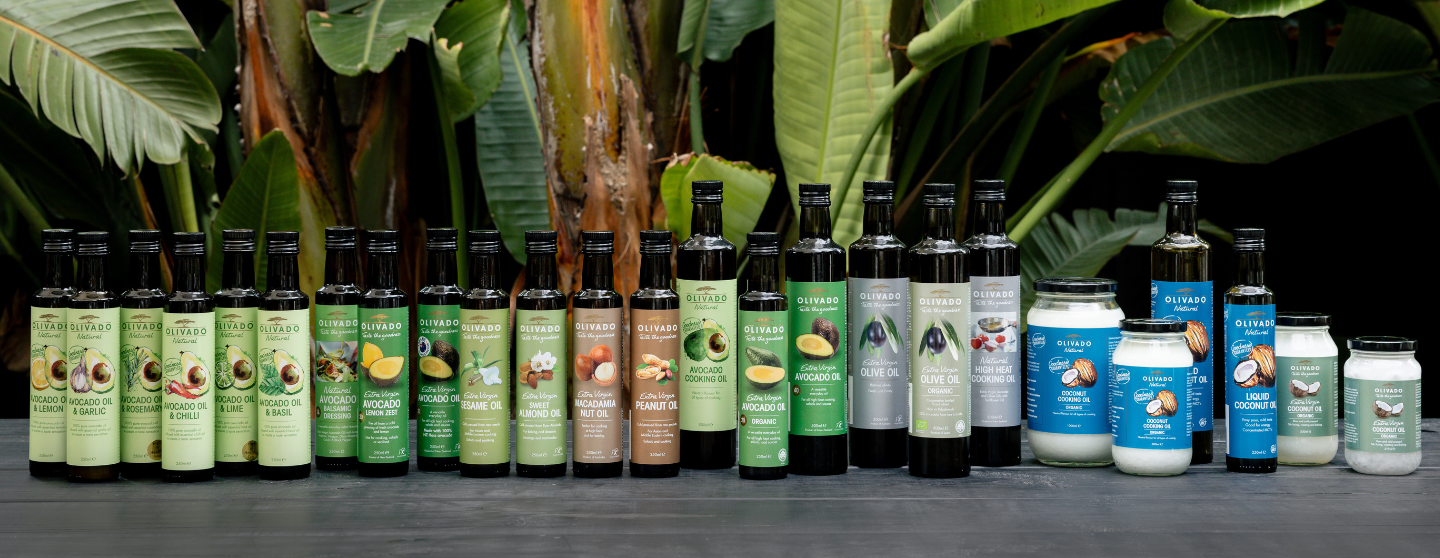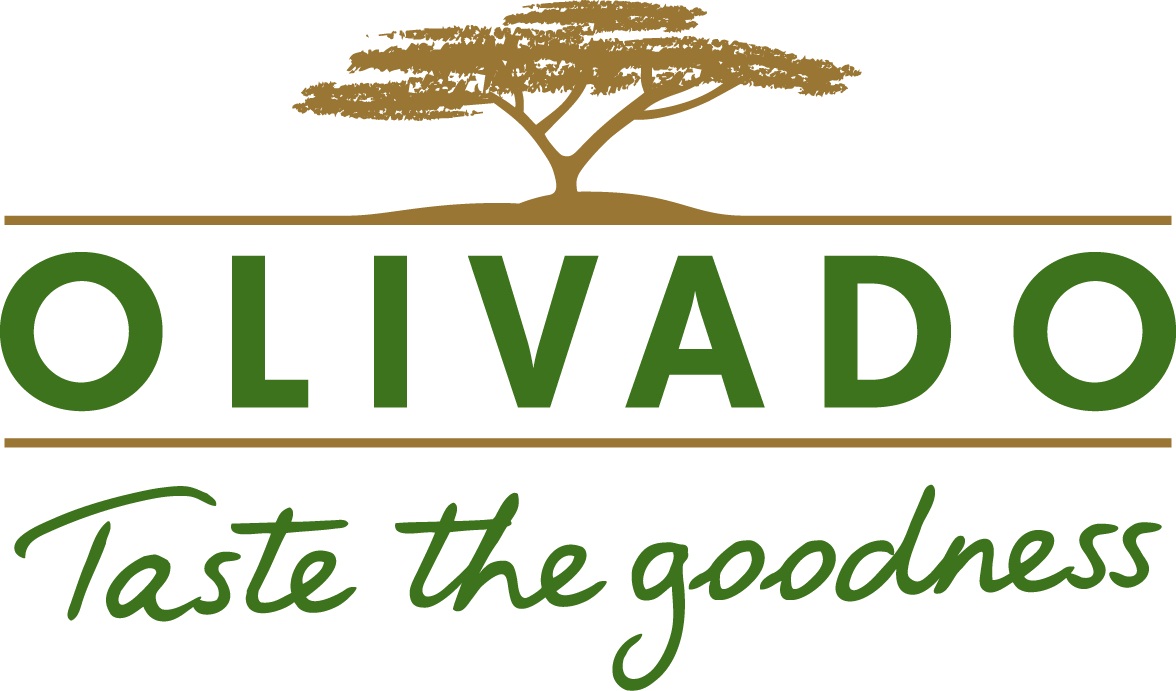

Olivado Group

Muranga County, Kenya
April 2024
Agricultural Processing
Agriculture/Growers
Kenya,
New Zealand,
Tanzania,
United States
Olivado are the pioneers of cold pressed extra virgin avocado oil. From humble beginnings in Kerikeri, New Zealand, our family owned company continue to produce avocado oil in New Zealand, working with small farmers in the North Island. Demand led to our operation expanding to Kenya and we now supply to over 33 countries across the world. We invested over $5m over 3 years to build a biofuel plant in Muranga. We work with over 6000 small farms in Kenya, producing cold pressed avocado oil in a factory powered by avocado waste. Our avocado oil retains all of the minerals, nutrients, monounsaturated fats and goodness from the avocado and our deep avocado flavour and signature green colour comes from the chlorophyl. We believe in trade, not aid. We help support small biodiverse garden farms with their organic certification, directly improving the livelihoods of communities with fair prices and no fees to be part of our operation. We believe the global food chain should be good for you, good for the farmer and good for the planet. We are extremely proud of our sustainability credentials and our new B Corp certification.
Overall B Impact Score
Governance 6.6
Governance evaluates a company's overall mission, engagement around its social/environmental impact, ethics, and transparency. This section also evaluates the ability of a company to protect their mission and formally consider stakeholders in decision making through their corporate structure (e.g. benefit corporation) or corporate governing documents.
What is this? A company with an Impact Business Model is intentionally designed to create a specific positive outcome for one of its stakeholders - such as workers, community, environment, or customers.
Workers 16.0
Workers evaluates a company’s contributions to its employees’ financial security, health & safety, wellness, career development, and engagement & satisfaction. In addition, this section recognizes business models designed to benefit workers, such as companies that are at least 40% owned by non-executive employees and those that have workforce development programs to support individuals with barriers to employment.
Community 28.6
Community evaluates a company’s engagement with and impact on the communities in which it operates, hires from, and sources from. Topics include diversity, equity & inclusion, economic impact, civic engagement, charitable giving, and supply chain management. In addition, this section recognizes business models that are designed to address specific community-oriented problems, such as poverty alleviation through fair trade sourcing or distribution via microenterprises, producer cooperative models, locally focused economic development, and formal charitable giving commitments.
What is this? A company with an Impact Business Model is intentionally designed to create a specific positive outcome for one of its stakeholders - such as workers, community, environment, or customers.
Environment 28.0
Environment evaluates a company’s overall environmental management practices as well as its impact on the air, climate, water, land, and biodiversity. This includes the direct impact of a company’s operations and, when applicable its supply chain and distribution channels. This section also recognizes companies with environmentally innovative production processes and those that sell products or services that have a positive environmental impact. Some examples might include products and services that create renewable energy, reduce consumption or waste, conserve land or wildlife, provide less toxic alternatives to the market, or educate people about environmental problems.
What is this? A company with an Impact Business Model is intentionally designed to create a specific positive outcome for one of its stakeholders - such as workers, community, environment, or customers.
Customers 1.4
Customers evaluates a company’s stewardship of its customers through the quality of its products and services, ethical marketing, data privacy and security, and feedback channels. In addition, this section recognizes products or services that are designed to address a particular social problem for or through its customers, such as health or educational products, arts & media products, serving underserved customers/clients, and services that improve the social impact of other businesses or organizations.